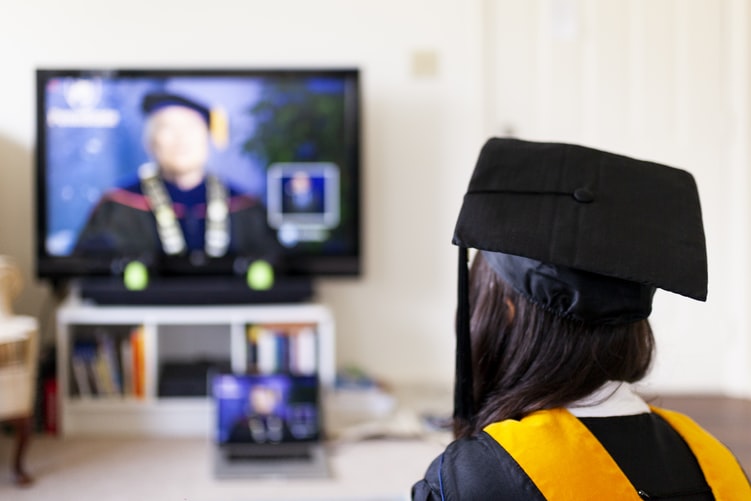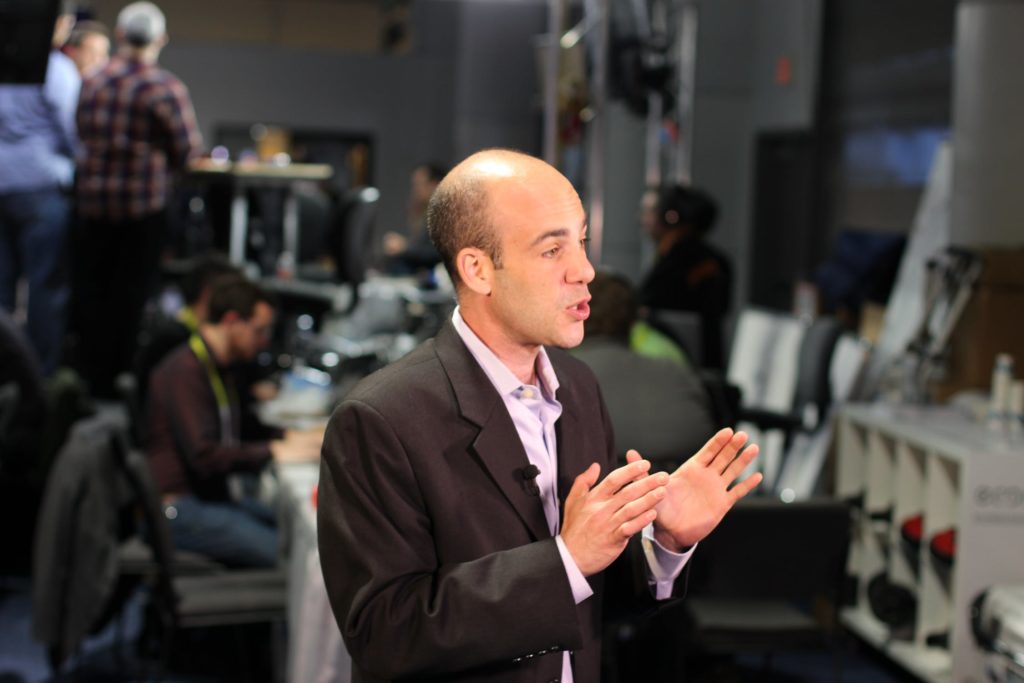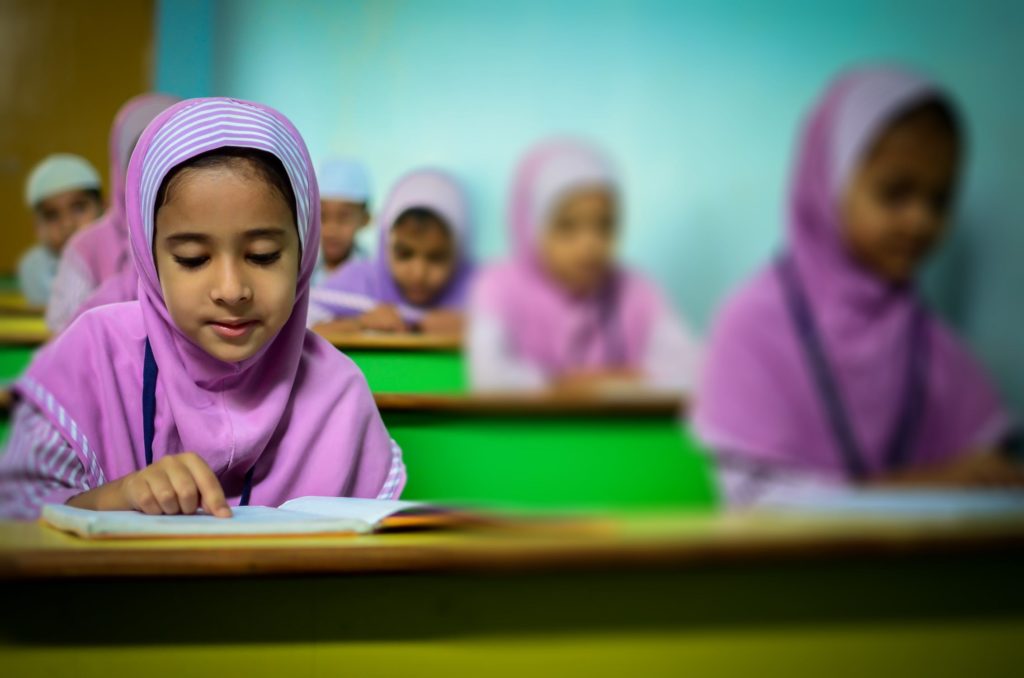
When Coronavirus first appeared back in early 2020, it turned our lives upside down and made populations around the globe completely rethink their approach to everything, from how they shopped to how they socialized and communicated. Lockdowns obligated people to stay home, forcing us online for most of our common day-to-day activities.
Now, nine months after the arrival of the virus, it appears many countries may be facing an impending second wave – just as schools and universities were preparing to open and people were slowly attempting to return to work. COVID-19 has impacted all areas of our lives but just how will it affect the education of our young people – particularly those venturing out of the relative safety of school for the first time into the more liberal environments offered by universities?
A greater range of course options offered by online education
While learning establishments had been increasingly moving to a mix of real-world education supplemented by online tools, the social distancing required by COVID-19 has accelerated the shift. Students now have a much wider range of courses to choose from, driven primarily by the rise in online education.
Indeed, in 2020 it’s now possible to complete a full degree online, with regular lessons and assessments completed in virtual classrooms over the internet. For example, Merrimack College Bachelor Degree Completion is done entirely over the web, earning students a fully- verified and respected degree at the end of their studies. In the US in 2020, it’s estimated one in ten universities will be offering fully online courses.
Possible problems being accepted to university
One of the many unfortunate by-products of COVID-19 was the cancellation of the majority of school-leavers’ final assessments, resulting in aggregated results taken from tests performed through the year. The results of this approach have been mixed; positive for those students who worked conscientiously through the school year but proving disadvantageous for those who instead were relying on high grades in their final exams. Most universities have since had to re-evaluate their entry requirements to try to accommodate students’ skewed results.
A very different Welcome Week awaits freshmen
A huge part of the university experience is social, with the first week providing the perfect opportunity for students to get to know their fellow learners. However, this year will be very different with the distancing restrictions required by COVID-19 and the majority of universities having canceled their Welcome Week celebrations altogether.
Additionally, for those living on campus, the same friendship ‘bubbles’ encouraged in general life have been suggested to try to limit the potential spread of the disease. Also, many universities are finding that those students who already live close to the establishment are choosing to commute rather than live in dorms or similar communal accommodation.
An increased mix of virtual and real-world tutorials and assessments
In the same way remote-working is changing the world of employment, the internet is set to play a huge role in the education of students. Most establishments are leaning towards offering online tutorials mixed with regular discussion sessions in real-world lectures to encourage debate among students. It’s likely there will be an increase in internet assessments to monitor progress. However, things become considerably more difficult when considering end-of-year exams that require invigilation.
Much like the rest of life in 2020, no-one knows for sure exactly how the effects of Coronavirus are going to play out. However, one thing is abundantly clear – this year’s fresh intake of students is in for a year like no other.




